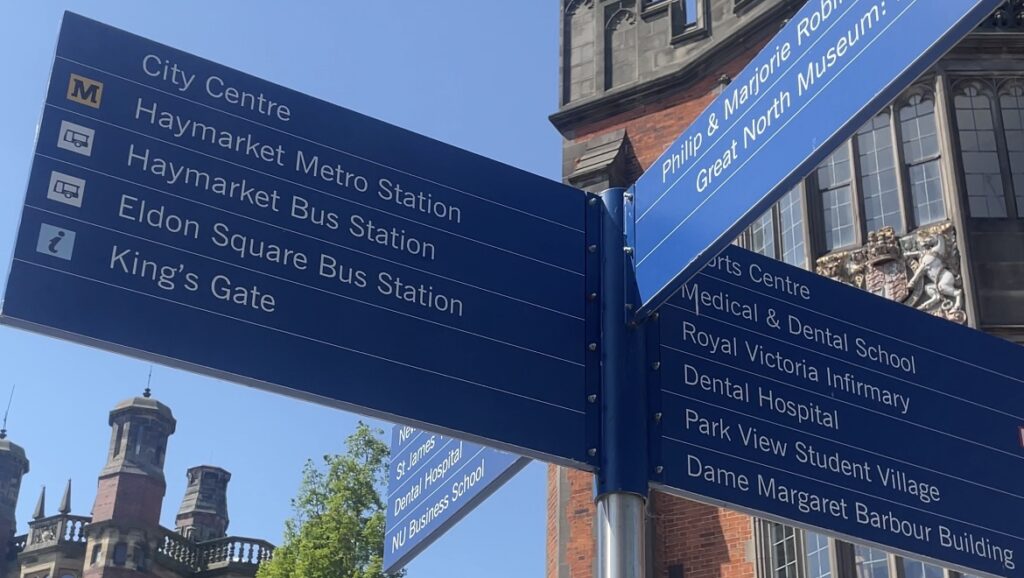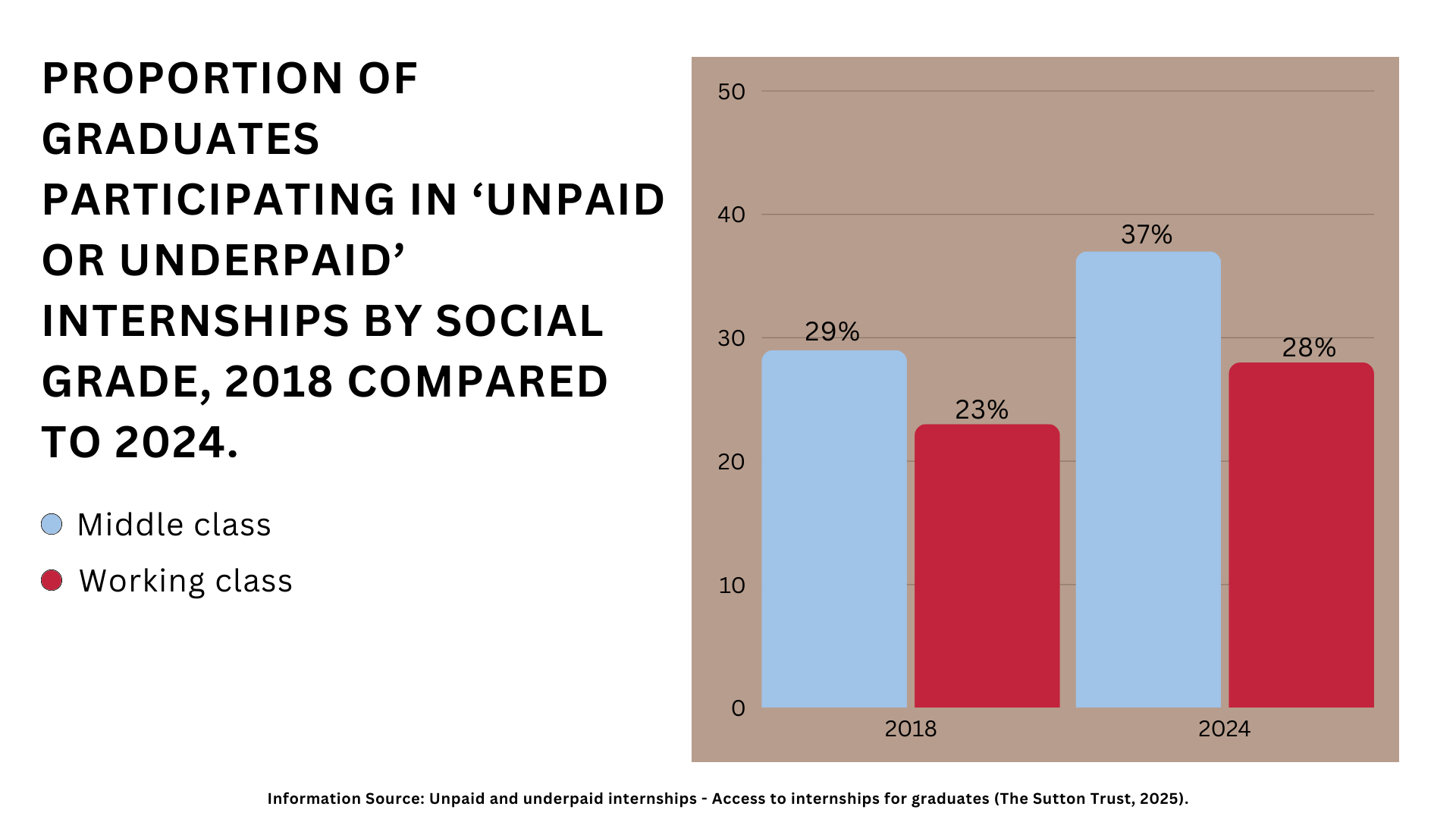
The number of working-class students entering higher education has reached record levels, with 2024 marking a record high in university admissions. But despite this progress, many students in the North East of England say that being accepted onto a course is only the beginning of the challenge.
Across the 24 Russell Group universities, around one in five undergraduate students identify as working class. Students in North East universities reflect similar patterns, such as in Newcastle University, where 11.35% of students said they came from working-class backgrounds in 2023.
So why is there a growing demand for support against class-based inequality, and how can universities better address this issue?
What are students struggling with?
Despite progress in widening participation, many working-class students say the university experience continues to present barriers that wealthier peers are less likely to face. Some say that classism is deeply ingrained in student life, from social activities to career progression.
There are three main reasons why students are still feeling the weight of the class divide:
1. Rising costs
For many students from low-income backgrounds, the financial burden of university life is proving harder than ever to manage.
The price of student accommodation is projected to rise by nearly 10% in September, while the maintenance loan will increase by just 3.1%. In addition, the cost of food, transport, and necessities has also risen sharply in recent years, while the value of the maintenance loan has fallen in proportion.
Matthew Burton, a second-year student at Newcastle University, said: “The costs of things just gets overwhelming. I’m quite lucky, because I get a bursary from my university, but I know a lot of people aren’t as fortunate. The maintenance loan just doesn’t stretch far enough when the cost of everything keeps going up.”
Some students worry that the projected rise in tuition fees means that we could see higher education’s class divide become even wider.
2. Cultural differences
Money isn’t the only thing separating working-class students from their peers, with working-class students across the North East reporting that they feel culturally excluded at university.
“There’s a common misconception that classism isn’t as prevalent in higher education as it used to be,” said Ralfs Clarke, the Working Class Students’ Representative at Durham University’s St. Cuthbert’s Society. “In my experience, that’s not true. It’s in the assumptions people make, the biases they hold.”
Students report feeling out of place in university spaces dominated by more affluent peers. “A lot of working-class students end up masking who they are to fit in,” said Clarke.
3. Limited access to opportunities
For working-class students, unpaid internships, costly study abroad programmes and networking opportunities can often feel out of reach.
Emma, a 21-year-old student at Northumbria University, says she has had to turn down several opportunities because they were not financially viable. “Some of my friends could afford to move to London for a month. I couldn’t even afford the train,” she said.
Today, working-class graduates are much less likely to undertake an internship than middle-class, a gap which has widened since 2018.

What support is being offered to students?
Some national steps have been taken to counter classism. In April, Universities UK (UUK) announced a new “Access to Success” plan which will involve a review of the criteria for contextual admissions across universities in England.
Speaking to the Telegraph, UUK described the existing system as “hard to navigate and a barrier” that might be discouraging young working-class people from pursuing higher education.
The new policy aims to create a fairer, more transparent approach across universities in England.
On a more local scale, universities across the North East are offering financial support to working-class students through bursaries and hardship funds based on household income and other criteria.
However, some students say this support does not go far enough to combat other branches of classism at university.
What needs to change?
Experts say that while reducing financial pressure is important, universities must also consider the social and cultural barriers that working-class students face.
Professor Valerie Walkerdine, Chair of the Working-Class Academics section of the Working-Class Studies Association, argues that the challenges facing working-class students extend beyond economics and into the everyday experiences of university life.
Universities must address the barriers working-class students face by working to create more inclusive environments.
This might involve greater representation of working-class voices in decision-making, more diverse curricula, and staff training to raise awareness of class-based bias.
